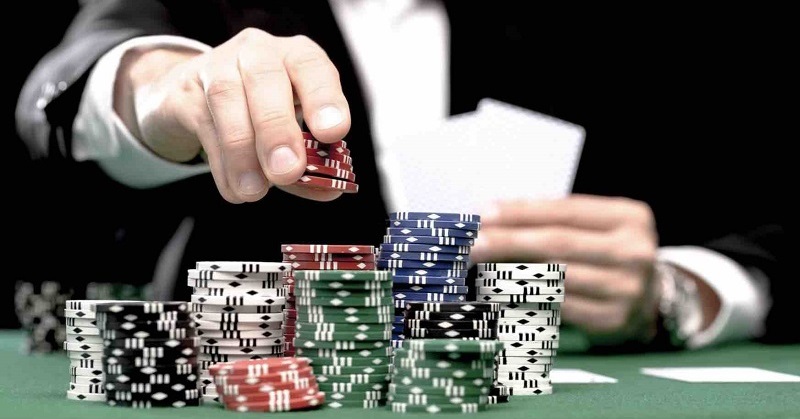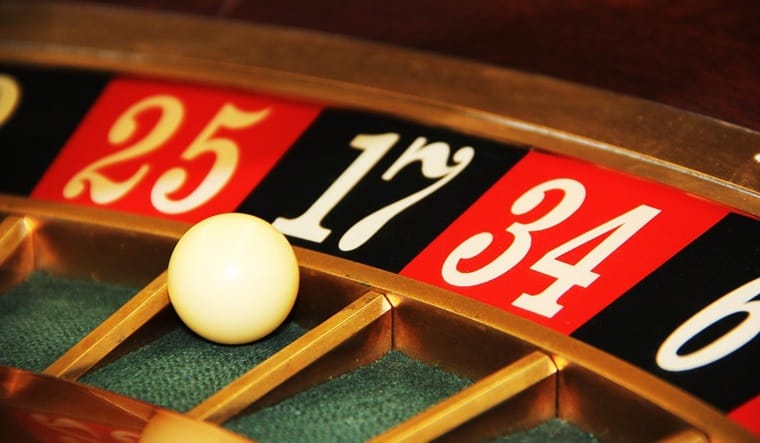
Gambling and gaming laws in India are complex and can vary greatly between states. Since 1867, The Public Gambling Act has prohibited the running of games of chance for money across the country, and many states have adopted this legislation as central law.
However, there is scope within the confines of these regulations for games of skill. Games where the outcome is classed as being based on skill rather than luck are exempt from this Act, meaning there are areas where Indians can gamble without breaking the law.
ADVERTISEMENT
Where things get more complex is the defining of games of skill.
Games of skill
It was ruled in 1967 that rummy is to be classed as a game of skill, making it legal in many states across India to play rummy for money. In 1996, it was ruled by the Supreme Court that horse racing can also be classed as a game of skill rather than luck, exempting betting on horse racing from the Act.
One area that remained unclear in many states was that of poker. While there are many that believe poker is a game of skill, some authorities maintain that the random element to the game, being that players do not know what cards they will be dealt, makes poker a game of luck.
In Hindu states, it is considered auspicious to gamble during the religious festival of Diwali, with courts recognising the right of people to gamble with friends and family in their own homes. However, it remains illegal to gamble on games of chance in public places, including gaming houses.
ADVERTISEMENT
The total gambling market in India is estimated to generate the equivalent of US$60 billion per year.

The introduction of the internet
The proliferation of the internet, and particularly smartphone penetration, has played a key role in boosting the gambling industry in India. Of the estimated 430 million smartphone users in India as of early 2020, around 40% gamble.
The figures for internet users in general are similar, with around 40% of people in India who use the internet using it for gambling. Other figures reveal that approximately 80% of the population of India will indulge in some form of gambling at least once per year.
Poker is a popular pastime in India and has become even more widely played due to the advent of online poker sites. Whilst the laws are often unclear as to whether poker is legal to be played in real-life public venues, most states allow online play. There are exceptions to this, including Tamil Nadu, Andhra Pradesh and Telangana, states which ban all forms of real-money gaming.
In the first half of 2019, there were almost five million new accounts for online poker sites opened by players in India. There are multiple online poker sites offering real-money games to players across India, working on the presumption that they are on the correct side of the law as poker is a game largely based on skill.
Psychology and tactics form a large part of poker strategy, with a complex series of rules that allow for bluffing. Newcomers to the game can learn how to play poker through 888 Poker, which provides tutorials on the rules and free-to-play practice tables.
ADVERTISEMENT
It is this complexity combined with the required ability to read other players that makes many people define poker as a game of skill rather than random chance.

The India Poker Championship
Since 2010, the India Poker Championship has been operating as the largest and most popular poker tournament in the country. Based in offshore casinos in Panjim, Goa, the IPC runs every second month throughout the year.
IPC bi-monthly events typically take place over four to six days and have buy-ins starting from INR 10,000. Each year, an IPC Main Event tournament is held, with the winner bot only walking away with the grand prize but also being crowned the season’s India Poker Champion and showered with prizes.
History was made at the end of 2020 with India’s first ever live streaming poker tournament. The Final Table Series, organised by the people behind the India Poker Championship, was scheduled to begin on the 16th of November, coinciding with Diwali week.
ADVERTISEMENT
The online poker series was designed to bring together some of the most skilled and experienced poker players from across India on a virtual platform, competing for huge prizes and providing at-home entertainment to millions.
Online poker players in India could also have the chance to win big by entering the End Boss tournament, hosted on an independent online poker website. End Boss broke records by offering a guaranteed prize pool of INR 5 crore, which is the equivalent of US$650,000.
The tournament winner could look forward to taking home INR 1 crore, or a fifth of the total guaranteed prize money.
The uncertain nature of the laws surrounding poker in many areas of India mean that players are still wary about organising games in public places. However, many states have already agreed that poker falls outside of the remit of The Public Gambling Act and allow citizens to indulge, although playing at home or online is a safer bet.
ADVERTISEMENT
There are multiple poker tournaments held online across India each year and more than 50 online providers facilitating real-money play from home.

ADVERTISEMENT











